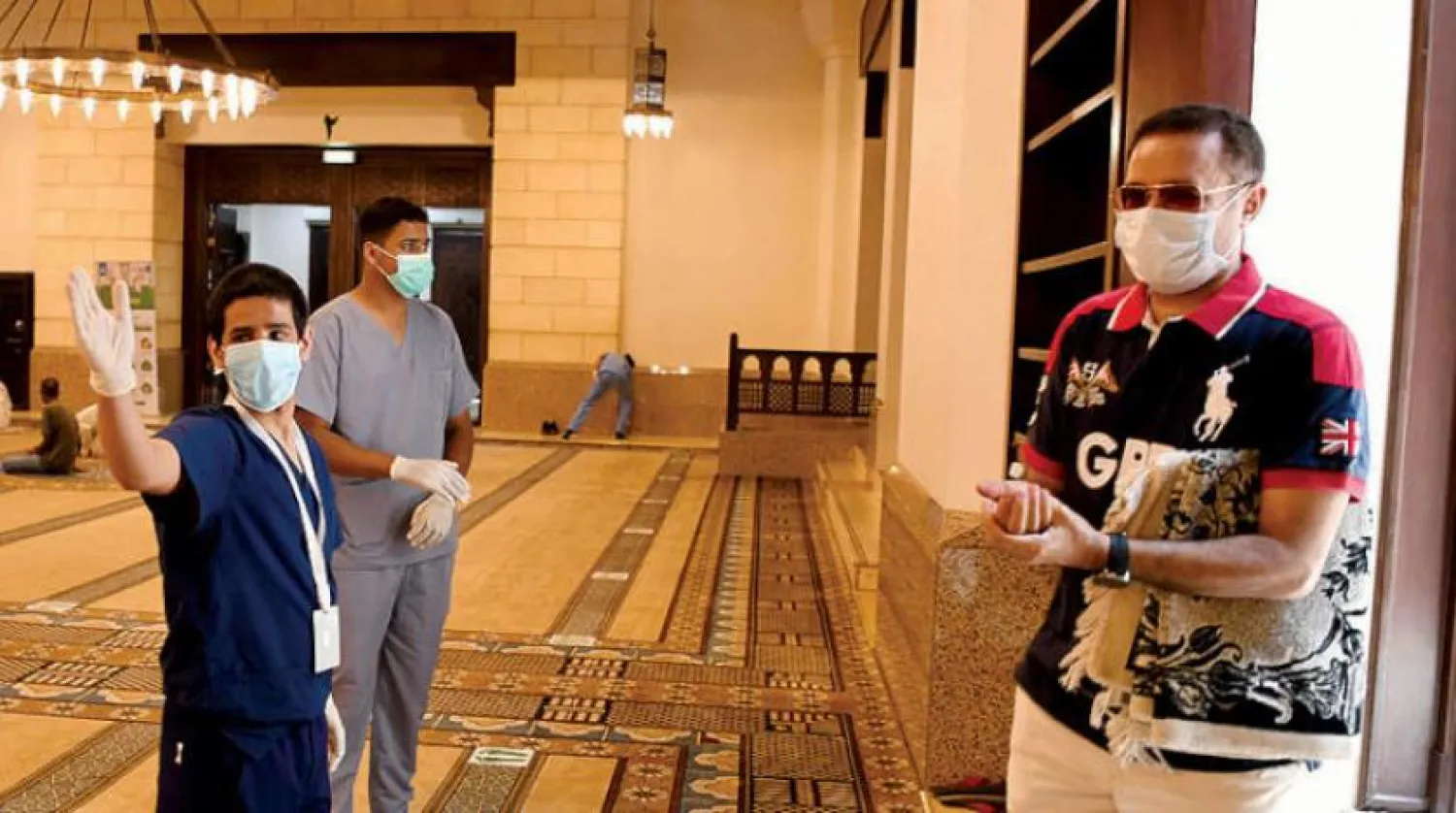Although the need for volunteering is not limited to health crises, with the spread of the novel coronavirus (COVID-19), the need for volunteers has become even more glaring in different countries to help contain the outbreak alongside government efforts.
During the last few years, the Saudi government has worked within the framework of the 2030 Vision to prepare an environment for volunteering. It has reaped the benefits of these efforts during the pandemic, with thousands of experts in different fields having wanted to provide their services to society.
This was confirmed by the figures published by the Health Volunteer Platform that received more than 72,000 persons ready to provide their services in the fight against the pandemic across the Kingdom.
Many activities that fall under the framework of the plan to return to life in Saudi Arabia relied on volunteers to raise awareness among people and ensure their safety, such as the return of Friday prayers in mosques where volunteers were organizing the entry and exit of individuals and were ensuring that proper health guidelines were being followed.
The number of volunteers in Saudi Arabia did not exceed 11,000 five years ago, whereas now, through the Health Volunteer Platform, there are more than 72,000 volunteers, in addition to 90,000 individuals who have expressed a desire to volunteer but did not move beyond the preparatory program.
Osama al-Shbeili, an expert in youth and voluntary programs, says that while still in its beginnings, government organization through the Health Volunteer Platform and health volunteering has created an enabling environment for volunteering.
However, Shbeili sees that voluntary work in interested institutions needs to adopt a law for volunteers so that they are not taken advantage of to provide services to certain entities for free and to unite voluntary efforts between institutions and linking them to society’s needs.
On the importance of volunteering and preparing and training volunteers, Shbeili told Asharq Al-Awsat, “Interest in volunteering largely contributes to activating the role of the youth to lead society, and enabling it allows for the creation of an appropriate environment for volunteering through organized and developed training per the ambitions and needs of our society, and providing awareness-raising initiatives that are of massive benefits.”









